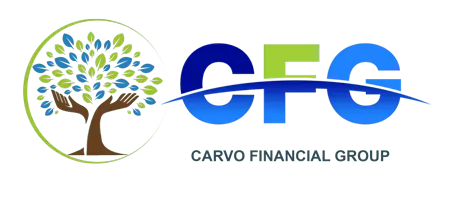Welcome to our latest blog post at Carvo Insurance Group, where we help you navigate the complexities of insurance policies. Today, we’re tackling a common query among property owners: the difference between homeowners insurance and landlord insurance. Understanding which coverage is right for you is crucial, whether you live in your property or rent it out. We’ll explore this topic using a Q&A format to highlight key differences, focusing on how our services like instant online quotes and binding can assist you.
What is Homeowners Insurance?
Homeowners insurance is designed for properties that are primarily occupied by the owner. It covers the building, your personal belongings, liability protection for injuries that might occur on the property, and additional living expenses if you are temporarily unable to live in your home due to an insured disaster.
What is Landlord Insurance?
Landlord insurance is tailored for properties that are rented out to tenants. While it also covers the physical structure of the building, it typically offers more limited personal property coverage, mainly for items used to service the rental. Importantly, it includes loss of rental income coverage if the property becomes uninhabitable due to an insured event. It also tends to offer more extensive liability protection.
Key Differences Between Homeowners and Landlord Insurance
- Personal Property Coverage: Homeowners insurance provides comprehensive coverage for personal items within the home. In contrast, landlord insurance usually only covers property needed to maintain the rental property, such as appliances or furniture provided by the landlord.
- Liability Coverage: Both policies offer liability coverage, but landlord insurance is specifically designed to cover issues that are more likely to arise in a rental scenario.
- Loss of Income: Landlord insurance can compensate for lost rental income if the property is damaged and cannot be rented out while under repair. This type of coverage is not included in standard homeowners policies.
Who Needs Which?
- Homeowners Insurance: If you live in your property and it is not rented out, homeowners insurance is appropriate. It ensures your dwelling and belongings are protected, along with covering any liability issues.
- Landlord Insurance: If you own a property that you rent out, landlord insurance is necessary. It provides the specific protections needed to cover rental activities, including liability and potential loss of income.
How Can You Obtain Instant Online Quotes and Proposals?
Carvo Insurance Group offers instant online quotes, allowing property owners to quickly compare and select the best insurance options suited to their needs. By entering your property details on our website, you can get a detailed insurance proposal without delay.
What About Instant Online Binding?
Once you choose your insurance proposal, instant online binding allows you to immediately secure your coverage. This feature ensures that there are no gaps in protection for your property, whether it’s your personal residence or a rental.
For Home Owners Insurance Quote, Click Here: Carvo Insurance Group
Deciding between homeowners and landlord insurance depends largely on how you use your property. Understanding the differences ensures that you have the right coverage, providing peace of mind regardless of your property’s status. Visit Carvo Insurance Group online for an instant quote, and bind your insurance in real-time. Protect your investment today by ensuring you have the appropriate coverage for your needs.
If you have further questions or require assistance, don’t hesitate to contact us or visit our website for more information. Click the link above to start securing your property with the right insurance policy now.


